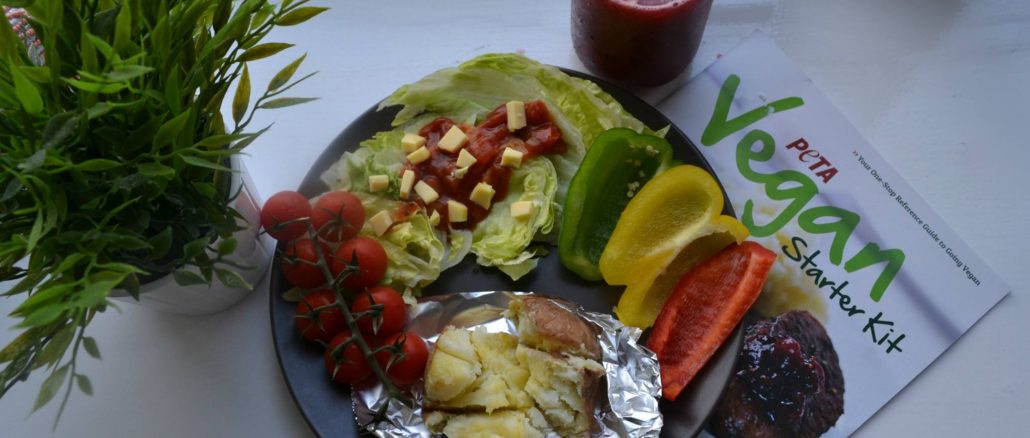
November is world vegan month, and to celebrate this, PETA has created a Facebook campaign dedicated to encouraging people to try the vegan lifestyle for the month.
The ‘Take the Pledge’ Facebook campaign, or the Vegan Challenge, is being undertaken by over 900 people in one Facebook group alone, and pages like it are springing up all over the web.
Veganism is about living a sustainable, healthy and cruelty free life. On a vegan diet – meat, fish, eggs, dairy and all of their by-products are off limits.
Items made from the skin of animals like leather and fur are also against the vegan way of life, as are beauty products that have been animal tested.
The general stereotype of a vegan is someone who wears socks and sandals and possibly carries a yoga mat with them everywhere they go in their hand-crafted Aboriginal hemp bag. While I’m sure there are people who rock the socks and sandals combination in every dietary lifestyle, veganism is increasingly gaining popularity with the masses, with celebrities like Ariana Grande, Jared Leto and Miley Cyrus all declaring their veganism proudly on social media.
Along with celebrity endorsement, people are also choosing the vegan way of life more and more for health reasons, as a vegan diet generally only contains natural fats, has no cholesterol and encourages people to consume a vibrant variety of plant based foods.
Many turn to veganism to show that they promote a humane way of living that doesn’t damage the lives of the animals we share our planet with. Humans use animals for food, clothing, scientific experimentation and entertainment, as outlined in the eye-opening documentary ‘Earthlings’, which may sound like a sci-fi but in actuality is a horrific reflection of the conditions and cruelty these animals are forced to endure.
Some claim that vegan diets are low in nutrients and cause malnutrition. If a vegan diet is executed properly there is no reason malnutrition should occur. Protein, iron and vitamin B12, which are found in animal products, can all be found naturally occurring in vegetables and pulses.
There are also vegan alternatives to our favourite foods such as cheese and chocolate which can be found in health food stores such as Holland & Barrett and Nourish.
Unfortunately, vegan food is not very well represented in general cuisine culture. In our own DCU canteen, the only vegan options are either chips or a small selection of salads, even the soup contains milk.
This is easily a reflection of the Irish food landscape, but with the increased interest in veganism and the revelation about cancer causing meats, hopefully this will soon change.
Sarah Magliocco




Leave a Reply